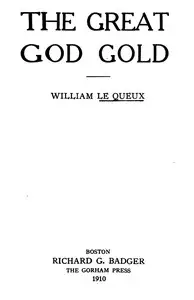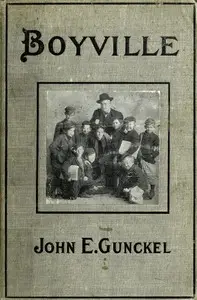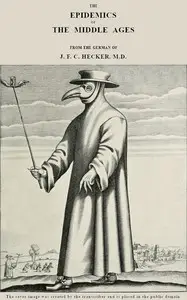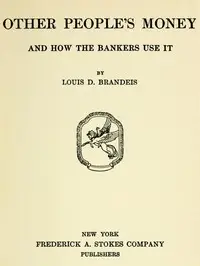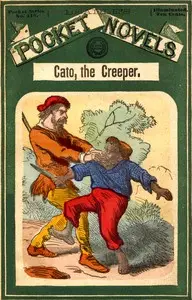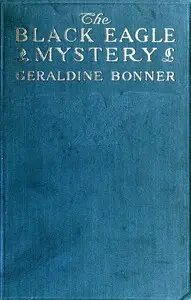"The House of Whispers" by William Le Queux is a novel written in the early 20th century. The story unfolds in the haunting setting of Glencardine Castle in Scotland and centers around the lives of Sir Henry Heyburn, a blind baronet with a mysterious past, and his devoted daughter, Gabrielle. As the novel begins, the reader is drawn into the tension of their lives, suffused with familial loyalty, unspoken secrets, and the shadows of political and personal tragedy that threaten their peace. At the start of the book, we meet Sir Henry and Gabrielle as they navigate their complex relationship in the wake of a significant tragedy that left him blind and confined to a life of quiet contemplation. The vibrant and exciting world Gabrielle yearns for is contrasted starkly with her father's somber existence, leading to a poignant exploration of love, duty, and sacrifice. As she attempts to shield her father from her own turbulent emotions and growing fears, Gabrielle’s interactions with her stepmother and the enigmatic James Flockart hint at dark undercurrents and potential dangers lurking in their seemingly idyllic life. The opening chapters establish a richly atmospheric narrative that promises intrigue as Gabrielle's conflicting desires and the threats to her family's wellbeing come into focus. (This is an automatically generated summary.)

The House of Whispers
By William Le Queux
"The House of Whispers" by William Le Queux is a novel written in the early 20th century. The story unfolds in the haunting setting of Glencardine Cas...
William Tufnell Le Queux was an Anglo-French journalist and writer. He was also a diplomat, a traveller, a flying buff who officiated at the first British air meeting at Doncaster in 1909, and a wireless pioneer who broadcast music from his own station long before radio was generally available; his claims regarding his own abilities and exploits, however, were usually exaggerated. His best-known works are the anti-French and anti-Russian invasion fantasy The Great War in England in 1897 (1894) and the anti-German invasion fantasy The Invasion of 1910 (1906), the latter becoming a bestseller.

